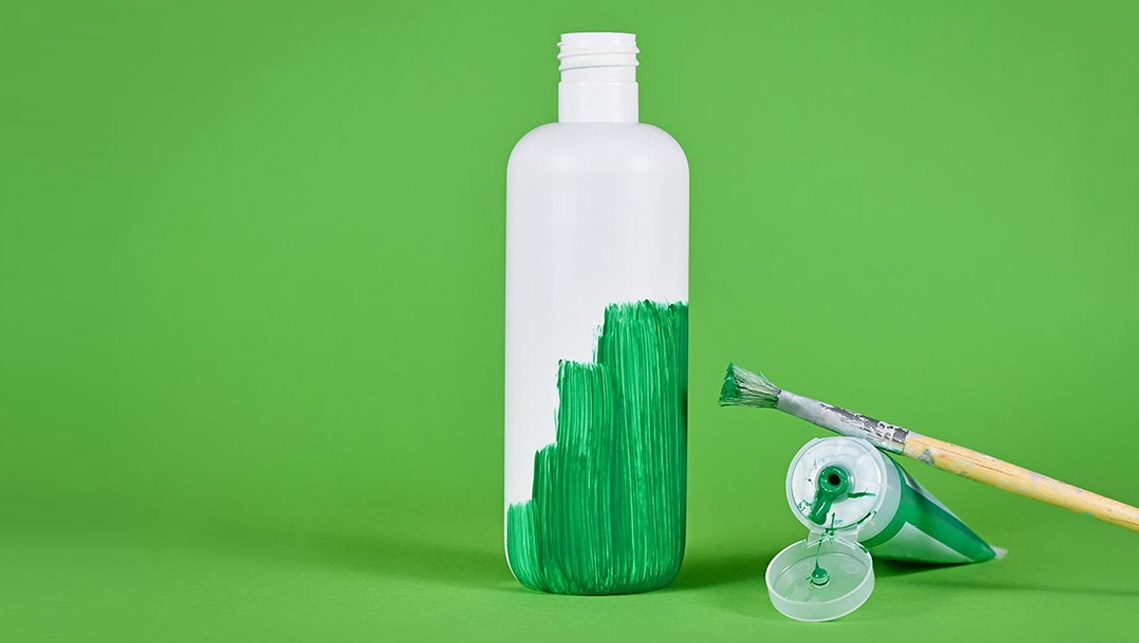'Nature-friendly', 'biodegradable', 'eco-friendly' are just some of the statements that fall under the umbrella of 'green claims' and are flaunted on product labels as an achievement, with the aim of convincing consumers, who are increasingly interested in environmental issues themselves, that the good or service they are buying has a minimal environmental impact.
These consist of immediate and easily understandable expressions that have the power to strongly orientate purchase choices, but when and to what extent do they correspond exactly to the reality they are intended to evoke, and not to a proliferation of greenwashing as an advertising tool?
With the aim of providing as transparent an answer as possible to this question, on 22nd March 2023 the European Commission published a proposal for a Directive as part of the initiatives foreseen in the new consumer agenda and the action plan for the circular economy. The proposal at issue, which follows up on the European Green Deal, consists of requesting the amendment of Directive 2005/29/EC on unfair commercial practices and Directive 2011/83/EU on consumer rights, on which the European Council expressed its position by publishing a negotiation mandate on 3 May 2023.

In particular, with regard to the protection against unfair commercial practices, the Council proposes to prohibit manufacturers from using generic environmental claims, such as 'environmentally friendly', 'environmentally sustainable' or 'green', as advertising tools, unless they can be supported by a publicly accessible certification system. In that case, consumers would play a more active role in the green transition.
The proposal also stipulates that only sustainability labels based on official, registered certification schemes or established by public authorities will be allowed.
In addition, it will be essential to correlate these measures with information on the methods used to compare the sustainability of products for sale.
Finally, a 'black list' has been drawn up to include commercial practices that are banned in all circumstances, such as not sharing information on the compatibility of a good with any consumables or accessories produced by third parties.
In order to protect consumers' rights, on the other hand, a commercial guarantee of durability and reparability is required for manufacturers through which they undertake to ensure that the goods maintain certain functions or performance during a certain period of time. In order to clearly inform consumers in the internal market, then, a logo is meant to be created so that goods covered by these guarantees can be immediately identified.
Furthermore, a specific information requirement will be introduced for products that include digital elements, as consumers need to be aware of the time period in which they can benefit from software updates contained in the purchased product.
As regards the period of transposition of the changes in legislation, the Member States will have 18 to 24 months; however, at the moment, the future of the proposed green transition directive depends solely on the European Parliament, whose duty is to adopt its position on the matter.









